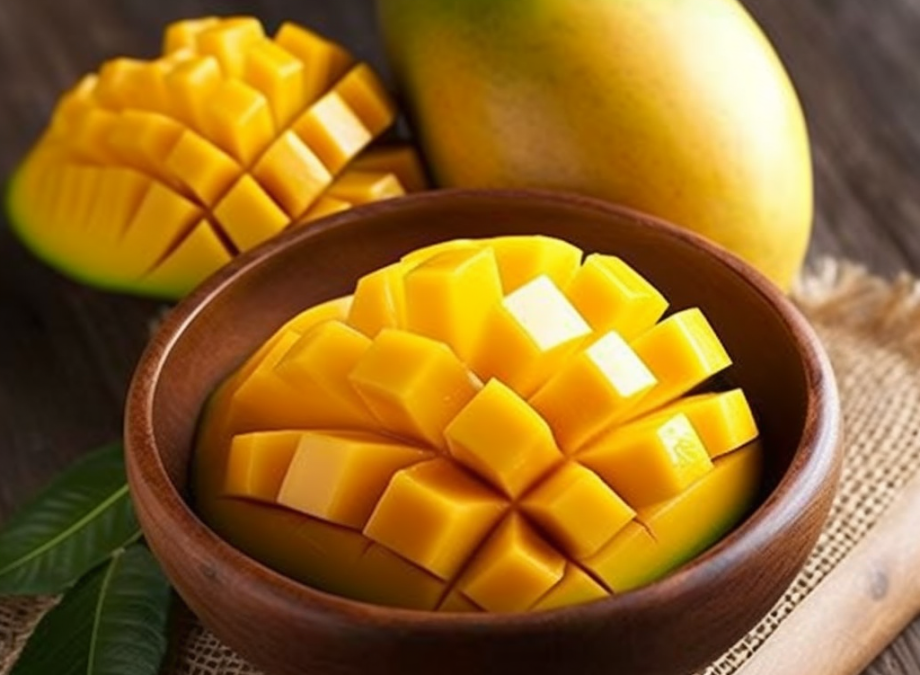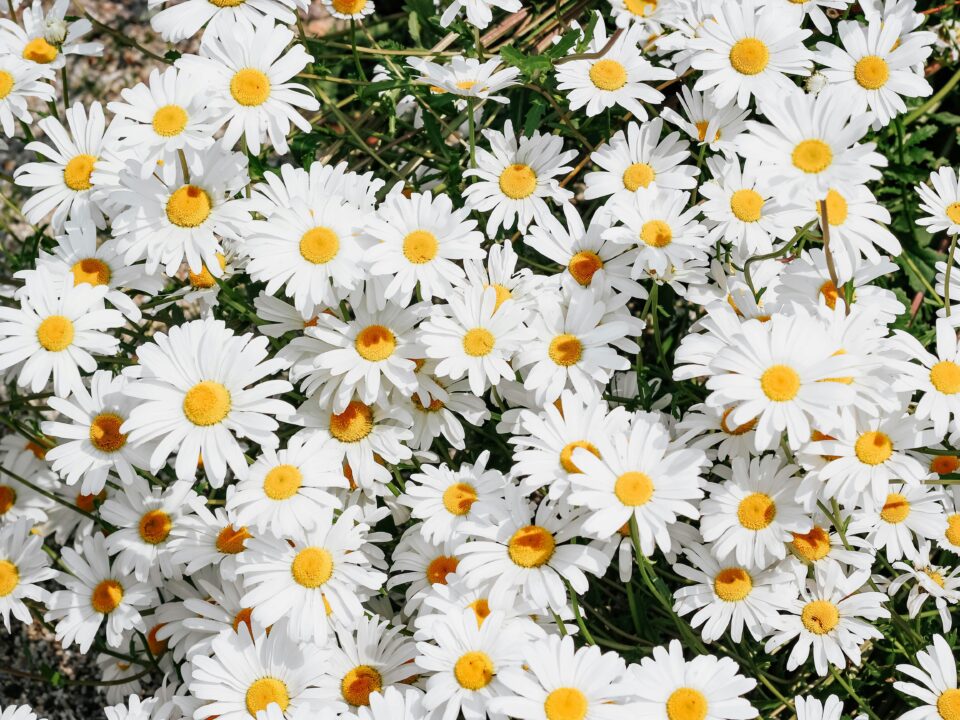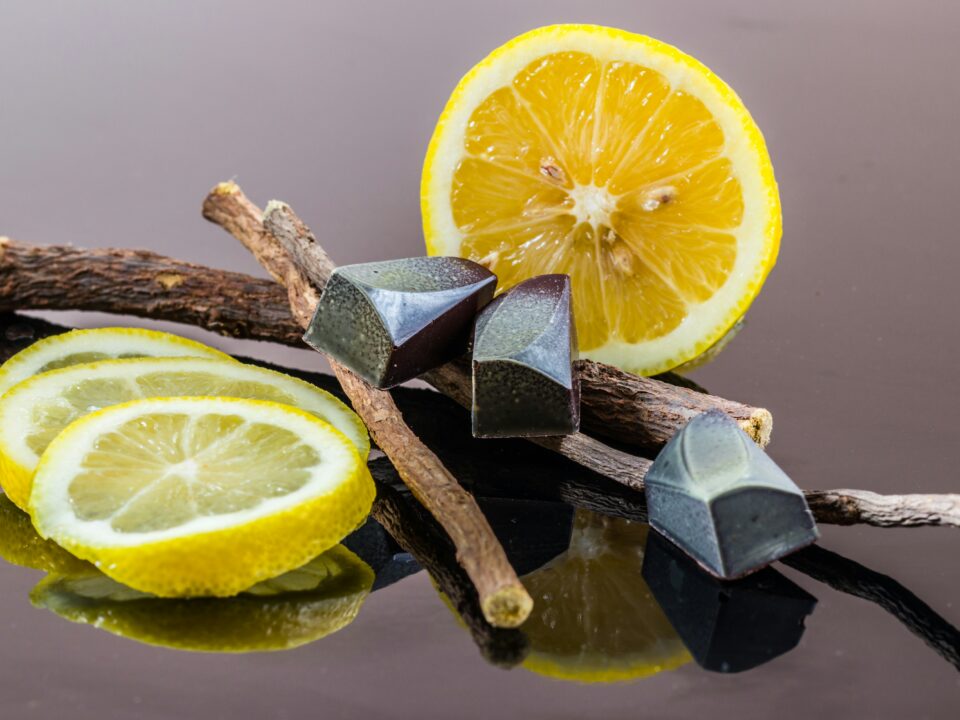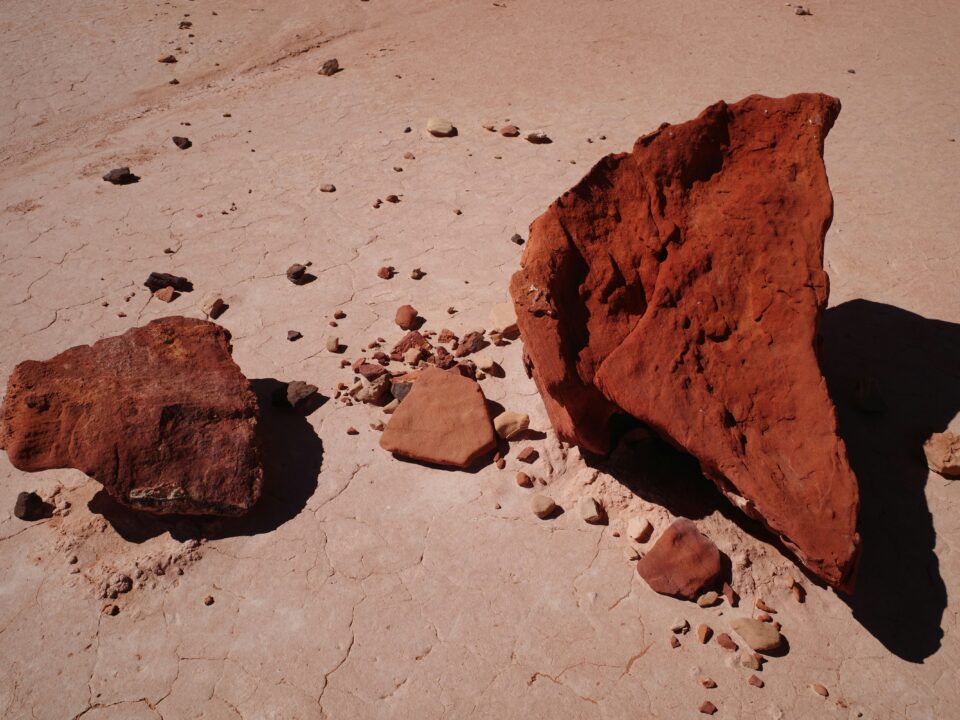
Mango butter is derived from the seed of the mango, the fruit of the Mangifera indica tree. The extracted fat is being cold-pressed and converted into a creamy butter. The mango butter has a semi-solid consistency at room temperature but melts upon contact with warm skin. It has a high oxidative stability, meaning it remains stable upon having a contact with air as well as a light texture. These quality makes it desirable for use in different moisturizing skincare products, sun-care balms, and baby creams.
Mago butter contains high concentrations of antioxidants, vitamins, and minerals that contribute to its remarkable anti-aging properties. Its abundance of tocopherols (vitamin E) helps combat environmental stressors like UV rays, pollution, and even visible light. Vitamin A aids in reducing sun-induced skin damage, while phytosterols, which are natural compounds similar to cholesterol, support a healthy skin barrier.
As an emollient, mango butter effectively moisturizes dry skin by forming a protective barrier that enhances the skin’s own natural barrier function. It contains triterpenes, plant compounds that possess anti-inflammatory, antiviral, and antimicrobial properties, thereby safeguarding the skin and aiding in the healing of dry, irritated, and compromised skin. Additionally, mango butter is abundant in vitamin C, a nutrient known to promote collagen production, which is vital for maintaining healthy skin and connective tissues.
While mango butter offers numerous benefits for the skin, it may not be suitable for everyone. Individuals who are allergic or sensitive to mangoes should be cautious, as they may experience rashes, redness, itching, and other allergic symptoms when using mango butter for the first time. As with any skin moisturizer, it is generally recommended to use mango butter twice a day. However, individuals with oily skin may prefer to use it less frequently, as needed.



